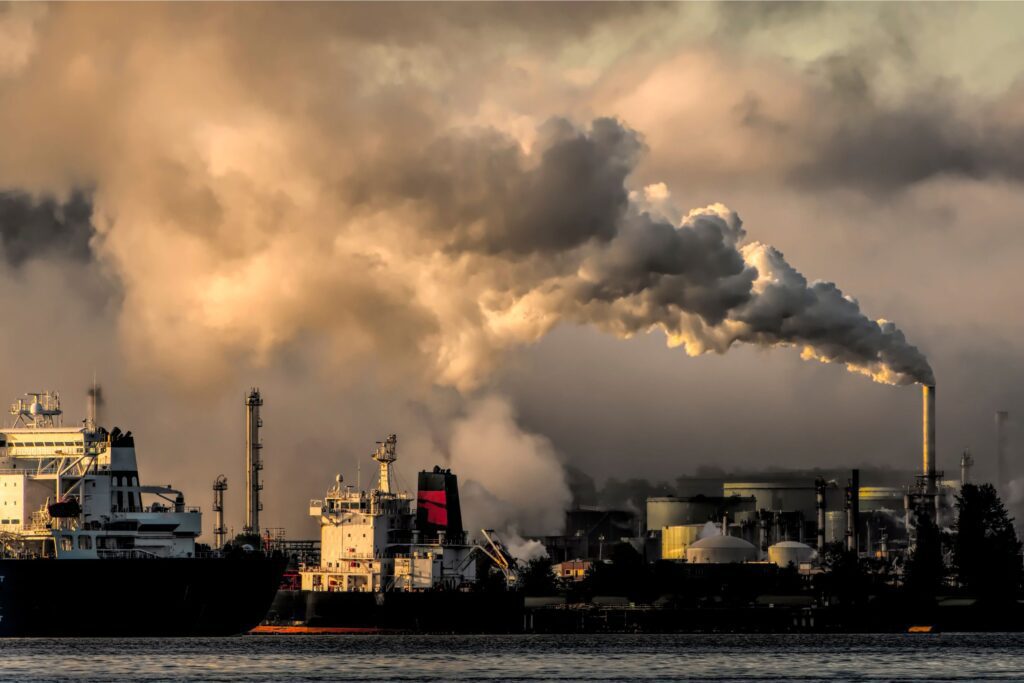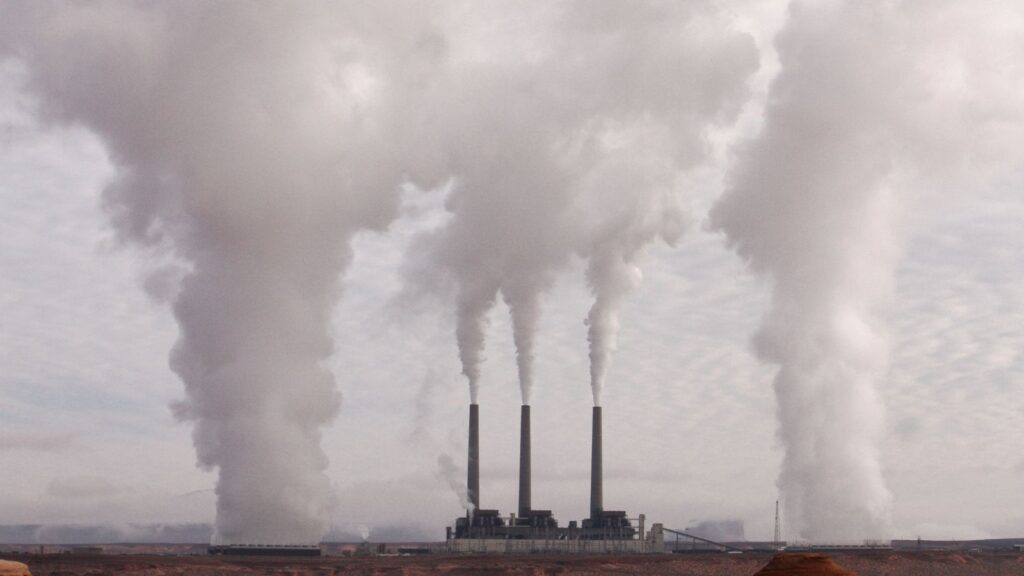For immediate release: June 4, 2025
ENVIRONMENTAL DEFENCE, THE CANADIAN ASSOCIATION OF PHYSICIANS FOR THE ENVIRONMENT (CAPE), LÉGER
Fewer Than 2 in 10 Canadians Want Their Tax Dollars Going To Largely Foreign-Owned Companies To Build More LNG Projects
Vancouver | Traditional, unceded territories of the xʷməθkʷəy̓əm (Musqueam), Sḵwx̱wú7mesh (Squamish) AND səlilwətaɬ (Tsleil-Waututh) First Nations – With Canada’s first LNG export terminal opening in a matter of weeks, fewer than two in 10 Canadians, or 18 per cent, want their tax dollars going to largely foreign-owned oil and gas companies to build more liquefied natural gas (LNG) infrastructure, according to a new Léger poll commissioned by the Canadian Association of Physicians for the Environment (CAPE) and Environmental Defence.
“Canadians do not want their hard-earned tax dollars handed over to foreign-owned fossil fuel giants at any time, let alone in the middle of an economic crisis. It is outrageous that our governments continue to bankroll polluting LNG projects instead of investing in what Canadians actually need. There should be no more subsidies for LNG or any other fossil fuel projects, especially with cheaper and cleaner alternatives like renewable energy available,” says Aly Hyder Ali, program manager at Environmental Defence.
The Kitimat-based $40-billion LNG Canada project, a joint venture of Shell, Petronas, PetroChina, Mitsubishi Corporation, and Korea Gas, has received a precedent-setting incentive package, a policy framework from the BC government that includes corporate tax breaks, reduced rates for electricity consumption and interest-free deferral of provincial sales tax on construction, each valued at tens of millions of dollars every year, along with $275 million in direct federal subsidies, and a federal exemption on steel tariffs, which cost taxpayers as much as $1 billion.
Other LNG projects are at various stages of regulatory approval or development in BC — including the doubling of the LNG Canada facility—and have received public funds and are foreign owned:
- The federal government has provided recent financing of $100 million–$200 million for the Coastal GasLink Pipeline, built without Wet’suwet’en consent, that supplies LNG Canada. It exempted Woodfibre LNG from duties on fabricated steel. It also gave $400 million–$500 million to the USD $4-billion Cedar LNG last year, followed by an additional $200 million this year.
- Enbridge, which owns a 30 per ownership stake in the $6.8-billion Singaporean-controlled Woodfibre LNG in Squamish, received a $200-million to $300-million financing renewal from the federal government in 2024 related to capital support and general corporate purposes.
- Internal government documents show the BC government has asked Ottawa to provide a $1.5-billion federal contribution to build the $3-billion North Coast Transmission Line required to transport electricity to northern BC and thereby enable large LNG projects in the North
Meanwhile, in the Léger poll, healthcare is the number one public funding priority for British Columbians, with 93 per cent ranking it in their top three. Public funds for oil and gas infrastructure received the lowest priority, below housing, education, renewable energy and transit, with support from only one in ten British Columbians. The poll also found 54 per cent of British Columbians support pausing further LNG development until an independent health impact assessment is conducted.
“Canada and BC are subsidizing LNG developers with billions of taxpayer dollars while at the same time, research on fracking and gas operations across North America links them with serious health risks and diseases,” says Dr. Melissa Lem, President of CAPE and a family physician in Vancouver. “British Columbians are already paying twice for this industry – once with their health as pollution triggers asthma and heart disease, and again with their wallets as our healthcare system strains under these preventable illnesses. Our governments must fund a comprehensive, independent health impact assessment of LNG and fracking activities in Canada before more lives are harmed and lost.”
Fracking and flaring have been linked to higher risks of COPD, asthma, preterm births and some cancers. Medical and scientific studies show that producing and burning fossil fuels have significant human health implications, resulting in direct and immense impacts on healthcare costs.
The online poll was conducted between May 16 and 18th, with a sample size of 2378 Canadians with a margin of error no greater than 2 per cent and 1002 British Columbians over the age of 18 with a margin of error no greater than 3.1 per cent (19 times out of 20).
– 30 –
ABOUT ENVIRONMENTAL DEFENCE (environmentaldefence.ca): Environmental Defence is a leading Canadian environmental advocacy organization that works with government, industry and individuals to defend clean water, a safe climate and healthy communities.
ABOUT CAPE: The Canadian Association of Physicians for the Environment (CAPE) is a physician-directed non-profit organization working to secure human health by protecting the planet, www.cape.ca
ABOUT LÉGER:Léger is the largest Canadian-owned market research and analytics company, with more than 600 employees in eight Canadian and US offices, www.leger360.com
– 30 –
For more information or to request an interview, please contact:
Midhat Moini, Communications Manager, Environmental Defence mmoini@environmentaldefence.ca
Reykia Fick, Communications Director, Canadian Association of Physicians for the Environment, media@cape.ca
Allison Murray, communications consultant, allison@MurrayCommunications.org
Andrew Enns, Executive Vice-President, Central Canada, Léger aenns@leger360.com






